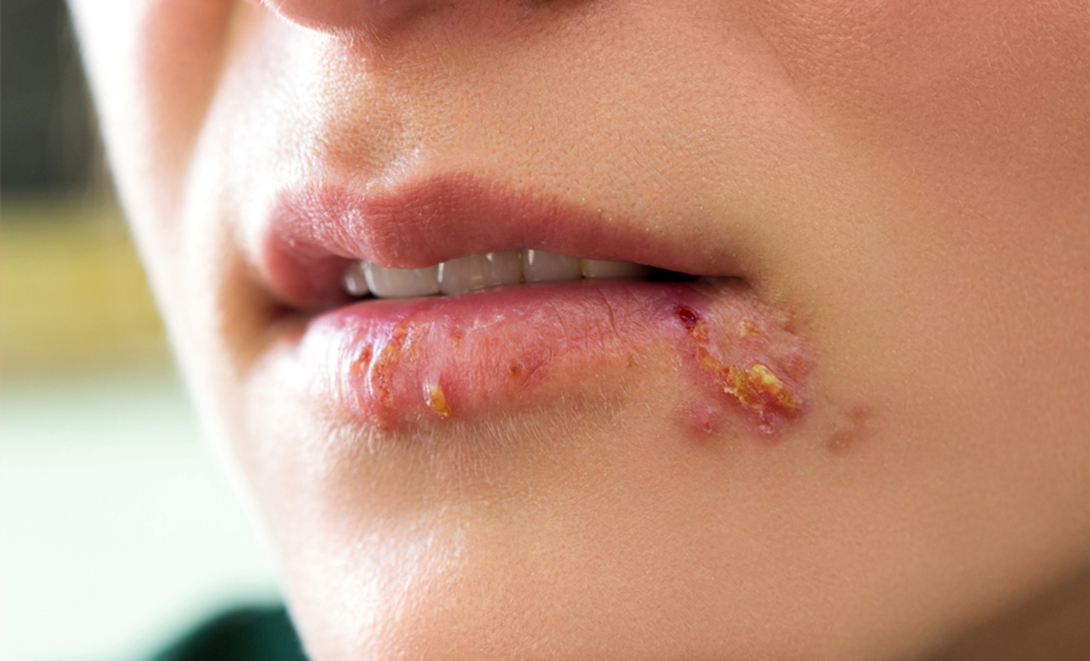Caused by a virus that's related to the virus that causes chickenpox, this infection spreads through any form of unprotected sex, and can be spread even when someone has no signs of having it. It has no cure but medications can help control outbreaks. Which of the following infections is being described?
Syphilis
HIV/AIDS
Gonorrhea
Herpes simplex virus
The Correct Answer is D
Choice A reason: Syphilis is not caused by a virus, but by a bacterium called Treponema pallidum. It can also be spread through unprotected sex, but it has different stages and symptoms than herpes. Syphilis can be cured with antibiotics if detected early.
Choice B reason: HIV/AIDS is caused by a virus, but not one that is related to the virus that causes chickenpox. HIV stands for human immunodeficiency virus, which attacks the immune system and can lead to AIDS (acquired immunodeficiency syndrome). HIV can be spread through unprotected sex, but also through other means such as blood transfusion or sharing needles. HIV cannot be cured, but antiretroviral therapy can help control the infection and prevent AIDS.
Choice C reason: Gonorrhea is not caused by a virus, but by a bacterium called Neisseria gonorrhoeae. It can be spread through unprotected sex, but it usually causes symptoms such as discharge, burning, or pain in the genitals, anus, or throat. Gonorrhea can be cured with antibiotics, but some strains are resistant to treatment.
Choice D reason: Herpes simplex virus is caused by a virus that is related to the virus that causes chickenpox. There are two types of herpes simplex virus: HSV-1 and HSV-2. HSV-1 usually causes oral herpes (cold sores), while HSV-2 usually causes genital herpes. However, both types can infect either area. Herpes can be spread through any form of unprotected sex, and can be transmitted even when there are no visible sores. Herpes has no cure, but antiviral medications can help reduce the frequency and severity of outbreaks.

Nursing Test Bank
Naxlex Comprehensive Predictor Exams
Related Questions
Correct Answer is C
Explanation
Choice A reason: A biophysical profile score of 8 is a good indicator of fetal well-being, but it does not measure the fetal lung maturity. It consists of five parameters: fetal breathing movements, fetal movements, fetal tone, amniotic fluid volume, and nonstress test.
Choice B reason: Phosphatidylglycerol (PG) is a phospholipid that is present in the fetal lung surfactant. Its presence indicates that the fetal lungs are mature, while its absence does not rule out the possibility of maturity.
Choice C reason: Lecithin and sphingomyelin are two phospholipids that are found in the fetal lung surfactant. The L/S ratio is the ratio of lecithin to sphingomyelin in the amniotic fluid. A ratio of 2:1 or higher indicates that the fetal lungs are mature and can produce enough surfactant to prevent respiratory distress syndrome.
Choice D reason: A nonstress test is a test that measures the fetal heart rate and its response to fetal movements. A reactive test means that the fetal heart rate increases by at least 15 beats per minute for at least 15 seconds twice in a 20-minute period. This indicates that the fetus is healthy and well-oxygenated, but it does not reflect the fetal lung maturity.
Correct Answer is B
Explanation
Choice A reason: Poor maternal weight gain is a risk factor for IUGR, as it indicates inadequate nutrition and fetal growth.
Choice B reason: Premature rupture of membranes is not a risk factor for IUGR, as it does not affect the placental function or blood flow. It is a complication of pregnancy that can lead to infection, preterm labor, or cord prolapse.
Choice C reason: Smoking is a risk factor for IUGR, as it reduces the oxygen and nutrient delivery to the fetus and causes vasoconstriction of the placental vessels.
Choice D reason: Gestational hypertension is a risk factor for IUGR, as it impairs the placental perfusion and causes fetal hypoxia and acidosis.
Whether you are a student looking to ace your exams or a practicing nurse seeking to enhance your expertise , our nursing education contents will empower you with the confidence and competence to make a difference in the lives of patients and become a respected leader in the healthcare field.
Visit Naxlex, invest in your future and unlock endless possibilities with our unparalleled nursing education contents today
Report Wrong Answer on the Current Question
Do you disagree with the answer? If yes, what is your expected answer? Explain.
Kindly be descriptive with the issue you are facing.
